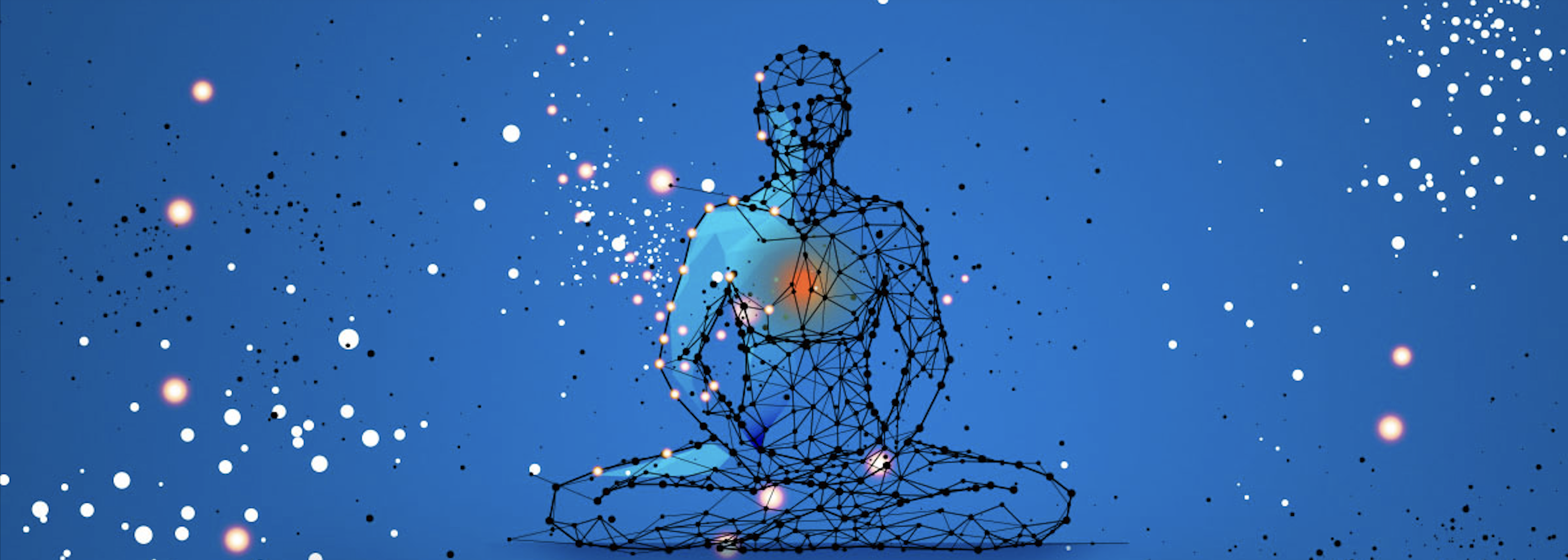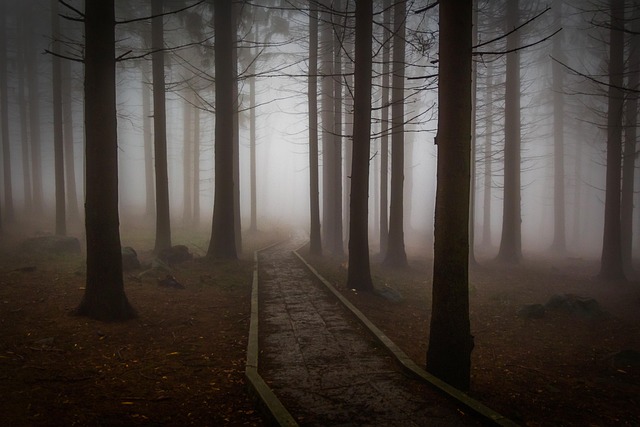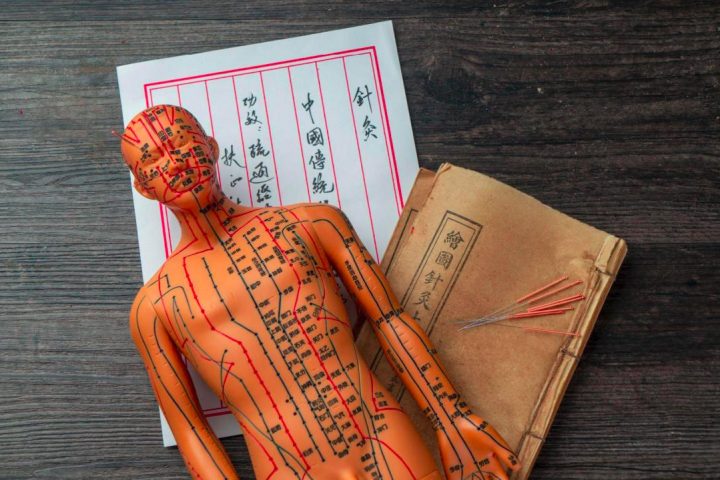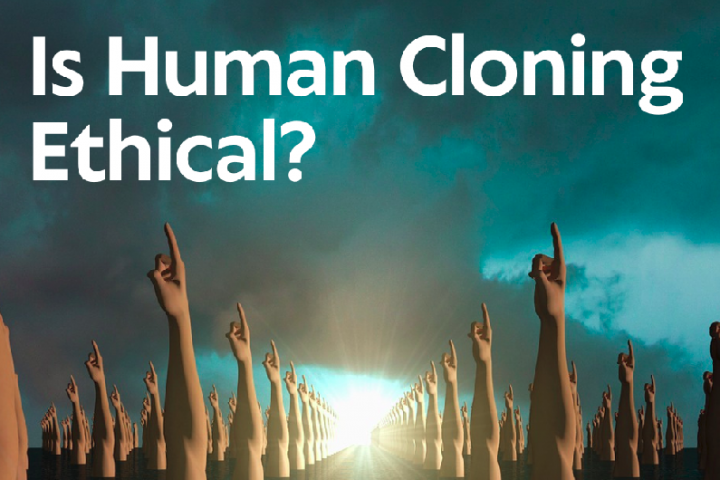Humans have evolved so much over the course of time that they have mastered the art of adaptation, survival, and growth. We are ever-growing social animals that have made so many outstanding discoveries in different fields. But, there are a few limitations that we are still coping with. One of them being darkness. Yes, all of us are afraid of the dark. But what is it that we are scared of? Let’s find out more about it.
What are we scared of?
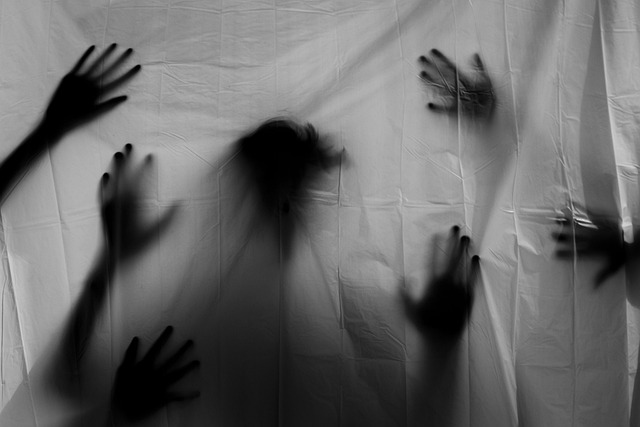
Do you remember your childhood days? I am sure many of you do. It brings back a lot of memories like watching amazing cartoons on a loop or going out in the garden to play. But along with happy memories come the scary ones as well. Like how at night you used to hold onto your favorite toy for extra comfort and security? or How did you feel when the elders switched off the lights and closed the door of your room?
What happened when the lights went out? Everything was black. We weren’t afraid of the color black but the fact that we can’t see anything made us scared. The inability to see anything in dark gave us goosebumps. Not just this there were so many other experiences linked with darkness.
“The oldest and strongest emotion of mankind is fear, and the oldest and strongest kind of fear is fear of the unknown” ―H.P. Lovecraft, Supernatural Horror in Literature.
We are afraid of what we can’t see
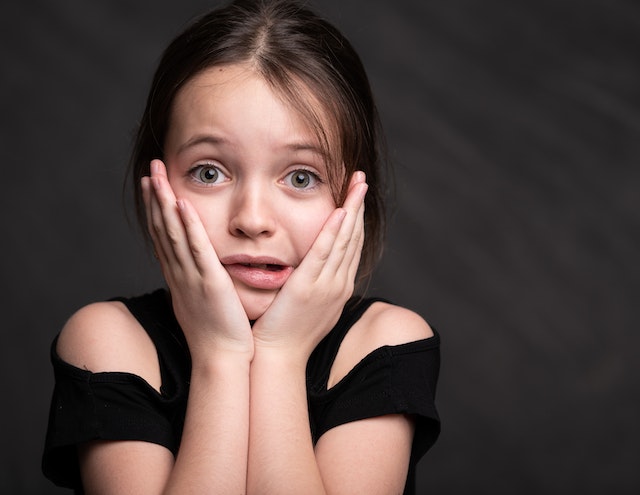
Isn’t this true that we are afraid of what we can’t see? Are you afraid of the dark or the fact that you can’t see anything in the dark? Our visual sense doesn’t work in the dark which generates a feeling of fear in us. The unknown voices which we hear in darkness often let our imagination run wild and we start thinking about creepy stuff.
It brings back all the previous experiences we had in dark. All our encounters with darkness start unfolding one by one. We not only imagine unwanted things but the worst scenarios in our minds. We create monsters in our mind and the darkness enhances it. Not being able to see anything can increase anxiety, tension, and uncertainty.
Evolution of fear in Humans
Do you remember the textbook lessons we had on early man? How did they use to hunt for food during the day with handmade tools made out of stones? However, they not only used these tools for hunting but also for protection from wild animals as well. They were aware of the danger they can get into. predators like lions, tigers, etc hunted at night which made them more vulnerable to such attacks because of poor eyesight. They were always in an alert state to protect themselves from danger. As they can’t see anything after dusk. Over the years, this nightly fear became instinctual, and we still experience it today as a form of mild anxiety.
According to Andrew Tarantola at Gizmodo, a 2012 study by researchers from the University of Toronto in Canada claimed that “this anxiety isn’t a full-blown panic reaction. Instead, it’s like a lingering, foreboding fear that keeps us on edge, which is exactly what our ancestors needed. This type of anxiety is your body’s way of keeping you on your toes in case you need to ‘fight or flight’ yourself away from danger. ”
There is something about the darkness that puts the children at the edge. Their worst fears come out in the night and start scaring them. It could be because of the monster story they have heard or watched somewhere.
Horror movies also play important roles in instigating fear in the dark. The various happening in the movies stays with us and haunts us during the night. The feeling of being watched, or someone in my cupboard is one of the things we take with us after watching horror movies.
Krystal Lewis, a clinical psychologist and researcher at the National Institute of Mental Health, noted that people may experience fears of the dark, “due to the things they see or hear about, thoughts in their head (or) bad things they may have experienced.” She also said some people “have a biological predisposition to fear and anxiety which could manifest at night.”
According to Martin Anthony, professor of psychology at Ryerson University in Toronto and author of “The Anti-Anxiety Workbook,” – Prehistorically, people would have been more at risk of being attacked by predators or by enemies when in the dark. He said through evolution, humans have therefore developed a tendency to be scared of darkness.
What does psychology say about the fear of darkness?
The inability to see anything in the dark makes us more susceptible to danger. As we can’t see what’s happening in the surrounding the thought of being at risk makes us nervous.
We become anxious and the anxiety takes over our logical instincts we become more alert and start paying attention to the smallest details we may not focus on during the day.
According to Leatrice Eiseman, color specialist and executive director of the Pantone Color Institute, “How we see colors in nature has such an important effect on the human psyche,” she said. “And we know that from the beginning of time, black is the color of night, and it’s the color that could hide any nefarious deeds that might be perpetrated under the cover of darkness.”
Why are people afraid of the dark?
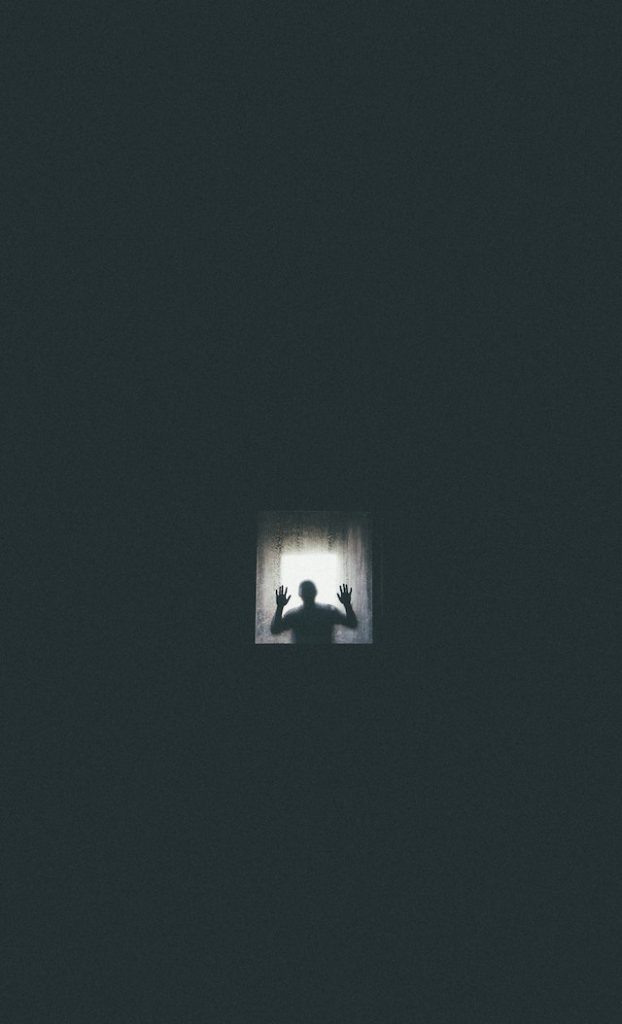
In today’s world, most crimes are happening after sunset, people are committing heinous deeds in dark. One of the main reasons for this is nobody can see them in darkness and they can easily escape. Hearing about such crimes has made people afraid of the dark. When people are alone in dark, they are afraid of the danger they may get into. All the random stories they have heard come back to them increasing the intensity of the fear. The fear of the unknown sparks the fear and strengthens their imagination.
Experts say that Covid-19 has upsurged the fear of darkness in people. “Fear is triggered by a real or perceived threat. The global pandemic has evoked much uncertainty in different aspects of all our lives,” said Gifty Ampadu, a psychologist for the Montefiore Health System.
Nyctophobia
The fear of darkness is called Nyctophobia. This can also lead to depression. It gradually turns into phobia once it starts affecting the day-to-day life of a person. Sometimes it can also affect the sleep pattern of a person leading to insomnia.
People may feel distressed or troubled when they are in dark. Even the mere thought of being in darkness can provoke the symptoms such as anxiety or uneasiness.
Darkness makes us alert and aware of our surroundings. Instead of being afraid of it, we can adapt to it or we can practice overcoming it. Try to be logical while in the darkness, and talk yourself out of fear. With conscious awareness, anybody can come out of this pattern. Still, if you feel the fear is turning into a phobia, you can always take help from others.
You might like:
